Performance management might sound like a technical HR term, but at its heart, it’s really about helping people do their best work—and stay with your company for the long run.
Performance management is about guiding and supporting employees to improve their work. It includes setting goals, giving feedback, and helping them grow. The goal is to help people succeed in their roles. When done well, it also helps them stay with the company longer.
In this blog, we’ll break down how effective performance management directly impacts employee retention. Using relatable situations and proven strategies, we’ll show you why it matters and how your organization can benefit.
1. Clear Goals Make Employees Feel Confident
When employees clearly understand what is expected from them, they feel more confident and focused in their role. This clarity reduces confusion and helps them feel connected to the company’s mission.
Let’s say a company defines each employee’s goals through proper KRAs aligned with the company’s vision. This helps employees stay on track and feel a sense of purpose in their work.
Tip: Set realistic and measurable goals for every role. Make sure employees know how their work fits into the bigger picture.
2. Regular Feedback Builds Trust and Growth
People don’t like working in the dark. If employees are not told how they are doing, they may start to feel invisible. Frequent feedback keeps them aware of their progress and opens up room for improvement.
For example, organizations that conduct quarterly reviews and check-ins help employees adjust their performance before it becomes an issue. This proactive approach improves retention.
Tip: Encourage managers to schedule feedback sessions and provide constructive input regularly.
3. Career Planning Keeps People Motivated
Performance management should include discussions around growth. When employees see a path ahead, they are more likely to stay and work towards it.
Organizations that use reviews to discuss development plans—such as upskilling opportunities, future roles, or promotions—tend to have lower attrition.
Tip: Use reviews to understand employee aspirations and suggest ways to reach them within the company.
4. Recognizing Good Work Encourages Loyalty
Appreciation matters. When employees feel that their efforts are noticed, they become more engaged and loyal.
Rather than waiting for annual reviews, many successful companies offer monthly or even weekly recognition, tied to specific achievements.
Tip: Celebrate accomplishments publicly and tie them to clear performance indicators. It builds a positive culture.
5. Better Appraisals = Better Retention
Appraisals are more than just ratings. They are an opportunity to connect with employees, listen to their challenges, and align on goals.
A structured and fair appraisal process creates transparency and trust, while a poorly managed one leads to frustration and exits.
Tip: Standardize your appraisal process. Use templates, define timelines, and train managers to conduct effective performance discussions.
How Enkash Supports Better Performance Management
At Enkash, we help companies simplify and strengthen their performance management systems:
- Planning Workshops: We work with leadership teams to understand company vision and help align KRAs (Key Result Areas) through one-on-one discussions.
- Execution Support: We help track progress, define appraisal timelines, and train managers to give better feedback.
- Tools and Templates: We create easy-to-use resources like appraisal forms, goal-setting templates, and PMS handbooks to make the entire process smooth.
Our goal is to build a performance management system that not only drives results—but also keeps your people engaged and loyal.
Final Thoughts
Performance management isn’t just about reviews and ratings. It’s about clarity, growth, recognition, and trust. When done right, it’s one of the strongest tools to improve employee retention.
Let’s build a workplace where people grow—and stay.




